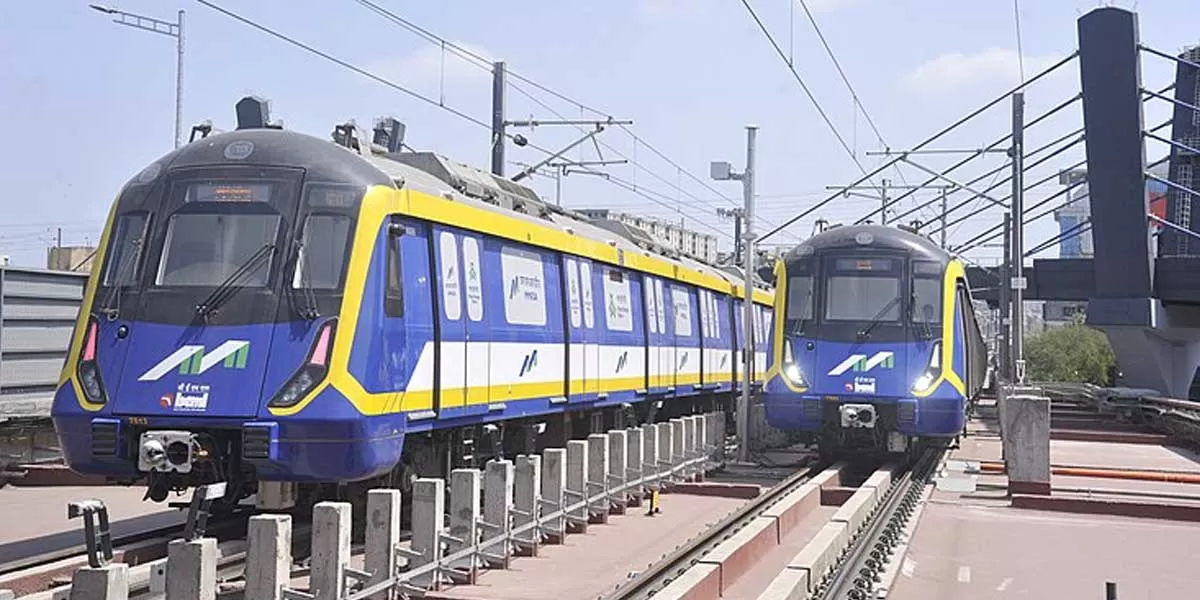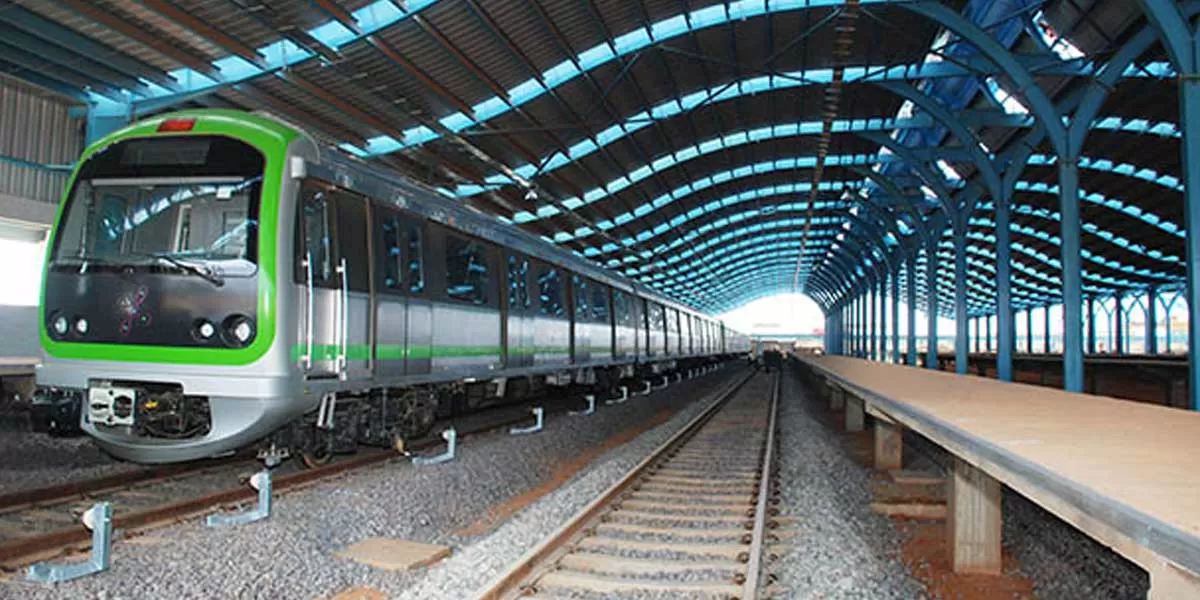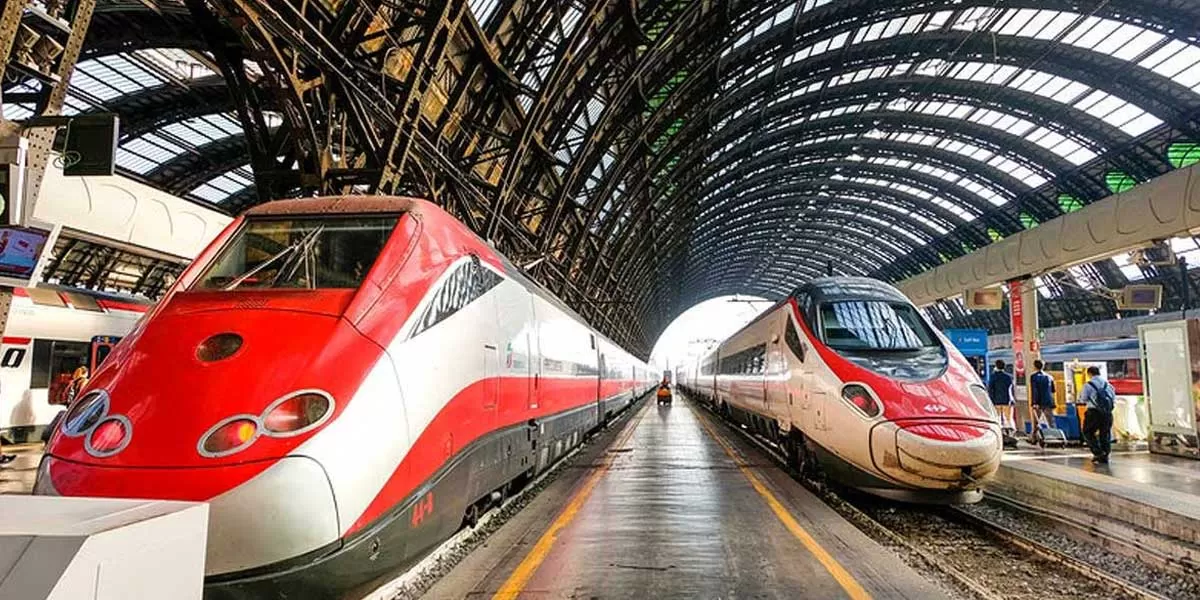Pursuant to declaration of COVID-19 as a ‘Pandemic’ by the World Health Organisation (WHO), the Government of India (GOI) has invoked the provisions of section 2 of the Epidemic Disease Act, 1897, in order to curb the spread of COVID-19. Further, as a precautionary measure, as required to arrest the spread, various state governments have ordered complete shut-down of shopping centres, malls, multiplexes and cinema halls, etc, until March 31, 2020, in major metros like Mumbai, Pune, Bengaluru, Chennai, Gurugram and others following suit.
Welcoming the move, Amitabh Taneja, Founder Chairman, Shopping Centres Association of India (SCAI), says that the shoppers are obviously extremely cautious so is the shopping centre industry. “The fact that fears itself is contagious; it becomes a tricky situation for all. The utmost priority is safety of people.” About measures undertaken by the industry, he says, “Today most of our malls are equipped to handle emergency situations and go through end number of audits and checks. Our members are personally making rounds of operational malls driving special sanitisation and cleanliness programs and ensure that we set benchmarks and assure all stakeholders of our commitment to fight the challenge in hand. We hope that the situation stabilises and normalcy is restored at the soonest.”
Talking about the uncertainty to what extent and duration the malls may face the closure, Tanjea says that there is a possibility of further extension, as exact time frame for controlling this Pandemic cannot be defined. Nearly around 700 to a 1,000 malls across India may be asked to close down till further notice.
“The impact of the shut-down of the shopping centres across various cities has been beyond comprehension,” says a mall official. “Monetary losses would of course be huge. Sales are already down anywhere between 2-550 per cent for retailers. Fashion is seasonal so spring merchandise will suffer badly. Cinema, entertainment and restaurant businesses are already bleeding. Rumours, lack of clarity and awareness and fear of uncertainties add to the shoppers’ confusion”, he adds.
The cash flow is the biggest challenge for the malls as the only source of income of these centres, feel industry experts. The rental income has come down to zero since the closure of malls. With expenses remaining constant their debt serving and interest payment obligations remain. Unlike all other businesses, they do not have any goods or merchandise to sell or reduce inventory holding or other such measures, which other industries can take. Their collections have completely dried up during this period, while they continue to bear a high fixed cost towards personnel, utilities and ongoing routine expenses.
Commenting on the operational centres, Dalip Sehgal, CEO, Nexus Malls, says, “Pursuant to enforcement of stringent measures, which is the need of the hour, shopping centres housing occupants from industries like hospitality, retail, tourism, etc, are worst affected due to lock-down. Scarce footfalls are resulting in lower sales but coverheads have increased for deploying specially trained personnel, extensive sanitisation, increased customer frisking, etc. This has resulted in a huge pressure on viability of shopping centres due to delay in collection of license fees or rents from the retailers and outlets. To add to the woes, the current situation has also adversely impacted the employment and livelihood of the employees (direct and indirect – approximately 3,500-5,000 at each establishment or mall) at every level.”
Thus, overall working capital cycle has been adversely impacted, and hence, in order to sustain the mall business and the employment of the individuals as stated above during these unprecedent and testing times, the Shopping Centres of India (SCAI) on behalf of its members and also non member malls has already made representation regarding the finance, regulatory and other major issues faced to:
The Prime Minister of India
The Finance Minister of India
The Governor and Executive Director of RBI
The association has also sought appointments for personal meetings with concerned authorities to discuss following measures to help shopping centres sail through this challenging phase:
Allow a moratorium period during continuation of Pandemic, in repayment of bank loans, interest, EMI, etc, without levy of any penalties including penal interest. Further, one-time loan restructuring with lower rates of interest may be permitted for shopping centres.
Provide short-term financing option for a period of 6 to 12 months, at lower interest rates to meet the increased working capital requirements.
Grant GST rebates to offset the losses on account of and for the period of closure of business and/or in the alternative permit flexibility in deposit of Goods and Services Tax (GST) since GST needs to be deposited immediately upon raising of invoice, however, corresponding payments are likely to be delayed, resulting in an additional cash flow burden on shopping centres.
Provide relief so that credit rating of shopping centres is not adversely affected due to delays in repayment of bank loans, interest, EMI, etc.
Issue appropriate directions to the Insurance Regulatory and Development Authority (IRDA) to include insurance against loss of profits on account of epidemic – which is not currently included in the policies.
Any other relief which may be deemed fit in the present scenario.
“The implementation of these measures can immensely help the shopping centres and industries referred hereinabove, which are already stressed due to the prevailing financial conditions, in mitigating the effects of this unforeseen and presently untreatable Pandemic. Once the country is free from the virus malls that have emerged as the most vibrant social spaces for Indians to celebrate their leisure time will play a critical role to bring back life and uplift sentiments of the masses. Hence, it is all the more important to ensure that necessary support is provided to the shopping centre industry to cope up with the challenge and be ready to welcome visitors once the restrictions are lifted,” concludes Taneja.

















